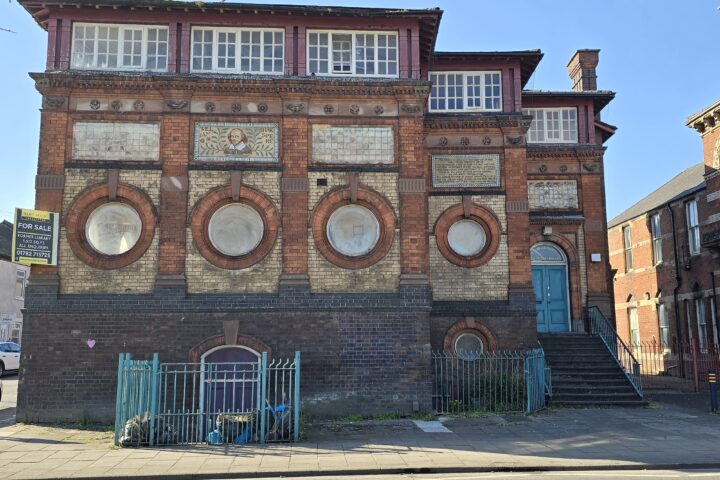A Europe-leading smart energy project based in Staffordshire is spreading the Net Zero message across the business world.
Keele University has become a unique “living laboratory” – a Smart Energy Network Demonstrator (SEND) – which shows how energy can be generated and managed intelligently at scale, helping to reduce the campus’ carbon emissions.
As part of its mission – in partnership with Siemens – to drive new research and development along with business growth, dedicated research teams and graduate researchers are teaming up with Small and Medium Sized Enterprises (SMEs) based in Staffordshire.
They are working with businesses on a range of innovation projects linked to sustainability and energy reduction, and management.
Initiatives include creating dynamic smart meter visual data, re-use of waste heat from machinery, and developing more efficient battery storage, as well as investigating energy efficiency measures and onsite renewable technologies.

At the heart of SEND is the Horwood Energy Centre – a hub where a constant stream of live energy data can be integrated, processed and analysed by state-of-the-art intelligent information systems.
Participants have the chance to access the demonstration facility on the campus and they can also access the data from the systems, if useful for their research project.
The projects are fully-funded through a partnership with Keele University, European Regional Development Fund (ERDF) and the Midlands Engine, so there is no cost to companies aside from the time to attend meetings, which can be either on-line or face-to-face (whichever is easiest for the company).
Those in attendance include the entire research project team, including the SEND support and engineering team, together with academic input.
SMEs can sign up to a range of project lengths from 70 hours to the full 400 – 465 hours. The programme will close at the end of June 2023, so time is running out to apply and complete a project before the funding ends.
Business leaders looking to research and develop renewable energy projects and solutions as part of Europe’s largest SEND project should contact Dr Mark Turner, SEND Business Engagement Manager, at m.turner@keele.ac.uk.
- The Smart Energy Network Demonstrator (SEND) is part-funded through the ERDF as part of the England 2014 to 2020 European Structural and Investment Funds (ESIF) Growth Programme and is available to ERDF eligible companies. The project is also receiving funds from the Midlands Engine.







